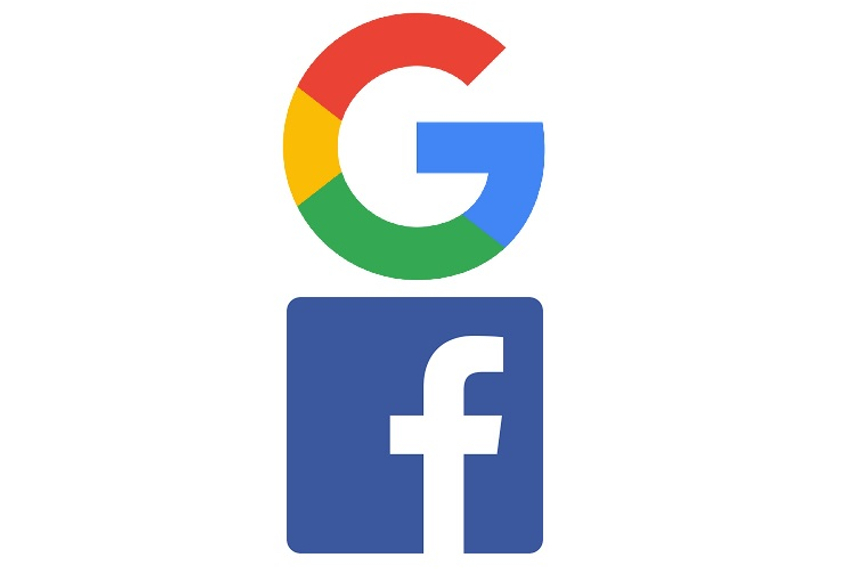
Please sign in or register
Existing users sign in here
Having trouble signing in?
Contact Customer Support at
[email protected]
or call+91 22 69489600
The author explains how humans have different behaviour patterns in the offline and online world

Contact Customer Support at
[email protected]
or call+91 22 69489600
Top news, insights and analysis every weekday
Sign up for Campaign Bulletins
Between comparison charts and keywords searches, the humble product page has begun to lose its shine.
The era of the accountable, standardised ecosystem is beginning.
From global awards to brave work, Indian independent ad agencies are grateful that for the opportunity to come out of the shadows of larging holding companies.
What we call 'media fragmentation' is simply reality catching up with an industry that prefers linear planning templates.